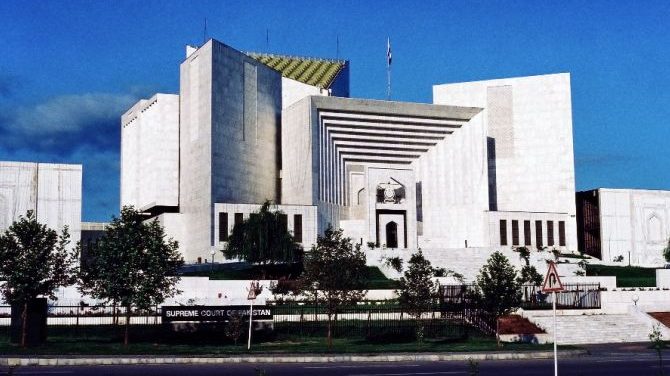The Supreme Court of Pakistan’s decision to grant bail to a Christian accused of blasphemy should give hope to others facing the charge, according to a prominent lawyer.
Saif ul Malook welcomed the court’s ruling on Jan. 6 that Nadeem Samson should be released on bail.
“It is a very important ruling, the first in the judicial history of Pakistan,” the lawyer said in a video call reported by the Jubilee Campaign, a nonprofit promoting human rights.
Samson, identified as a Catholic by the United States Commission on International Religious Freedom (USCIRF), was arrested in 2017 and imprisoned in Lahore, Pakistan’s second-largest city, after a property dispute.
He was charged with insulting the Muslim Prophet Muhammad under Section 295-C of the Pakistan Penal Code.
The 42-year-old’s supporters believe that he was falsely accused of the crime, which is punishable by death in Pakistan, an Islamic republic in South Asia with a population of almost 227 million people.
Malook, who represented Asia Bibi, a Catholic mother acquitted of blasphemy in 2018, petitioned the Supreme Court at a hearing on Jan. 5 to break with the practice of denying bail to people accused of blasphemy.
But asked if his successful petition was a signal that Samson would ultimately be released, the lawyer said: “That is a different story.”
He noted that people accused of blasphemy, even without evidence, face significant risks, saying that “when Nadeem Samson is going to court he can be killed anytime.”
There are around 4 million Christians, including more than a million Catholics, in Pakistan.
The charity Open Doors ranks Pakistan as the fifth-worst country in the world in which to be a Christian.
“Christians in Pakistan face extreme persecution in every area of their lives,” it said.
Among those currently awaiting trial for blasphemy are also humanists, Ahmadis, Sunnis, and Shiites.
In October 2021, U.N. human rights experts criticized the treatment of Stephen Masih, a Christian from Sialkot District, in Punjab province, who was arrested in 2019 following a dispute with a neighbor. Three months after his arrest, he was informed that he was subject to blasphemy charges.
The Session Court in Sialkot denied Masih’s bail request in August 2021.
“It is deeply alarming that a mere disagreement between neighbors could lead to the judicial harassment of an individual, based on his religious or other beliefs, and by the use of anti-blasphemy laws which may carry the death penalty,” said the experts, who noted that Masih suffers from a psychosocial disability.

